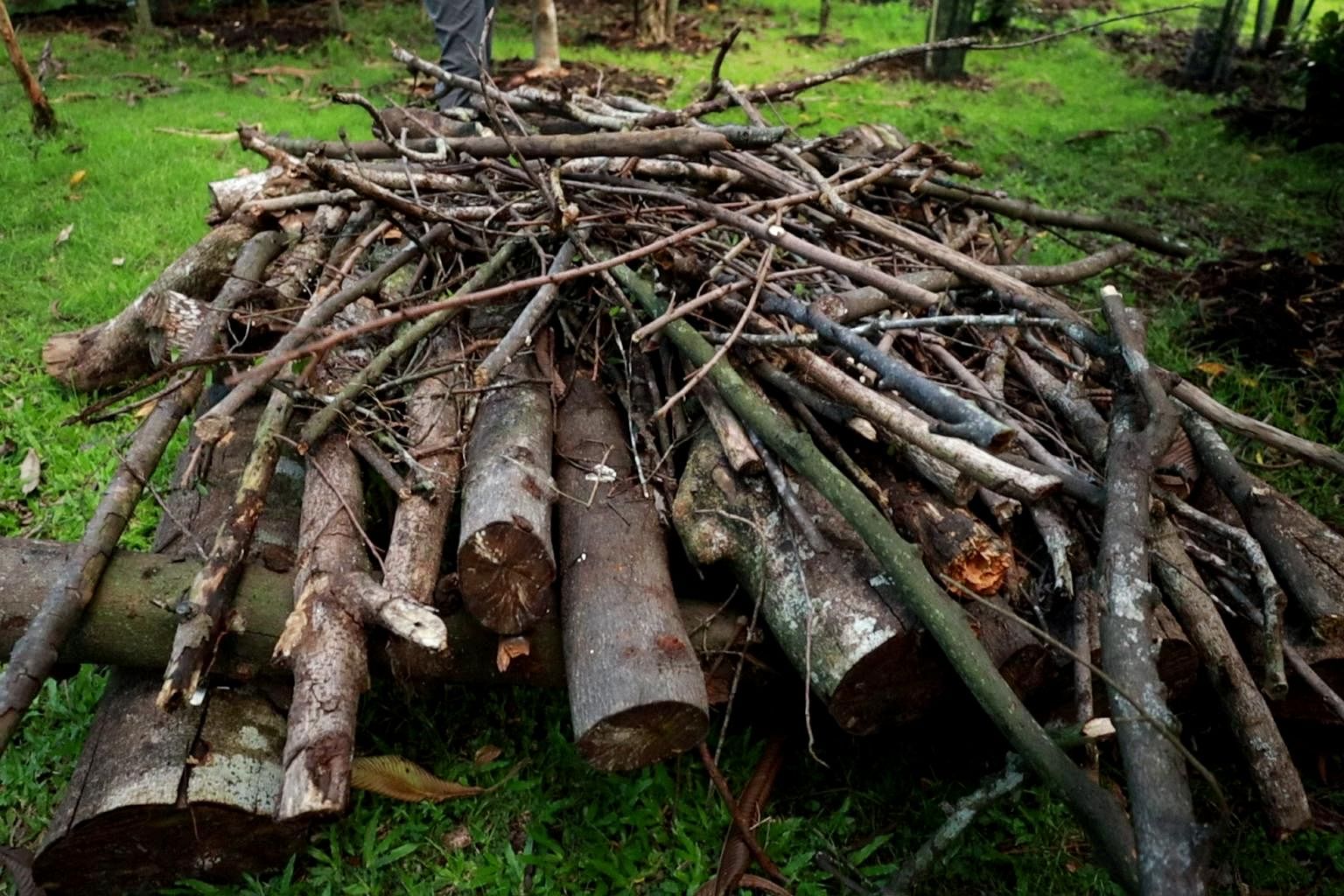SINGAPORE - The Singapore Zoo, Night Safari and River Safari are among the attractions in the Mandai precinct that will be carbon neutral by 2024.
Mandai Park Holdings (MPH), the parent company of the parks' operator Wildlife Reserves Singapore, is spearheading plans to turn Mandai into an eco-tourism hub and has pledged to obtain 100 per cent of the precinct's energy from renewable sources by 2030, it said in a statement on Wednesday (Sept 29).
It is also aiming to reduce energy use by 1 per cent year-on-year from 2021 at its existing parks, through the development of energy-efficient operations and processes.
Electricity use accounts for more than half of its carbon emissions profile, MPH said.
Its Mandai Environmental Sustainability Strategy will focus on measures to reduce consumption of energy and water, and maximise opportunities for generating renewable energy.
It will also explore ways to reduce, recycle or upcycle the waste produced, as well as integrate messages on living sustainably into its education and outreach programmes, said MPH group chief executive Mike Barclay.
Mr Barclay said: "As an organisation that is deeply involved in wildlife conservation efforts, we see first-hand how human-induced climate change is directly contributing to biodiversity loss. Hence, we have set ourselves an aggressive target for achieving carbon neutrality, which will pave the way for us to reach net zero sooner."
Energy-efficient measures are already being implemented throughout the parks after an energy audit in 2018.
For example, an energy monitoring system and motion sensors are being installed in the parks and ageing infrastructure - such as the pump systems at River Safari's manatee exhibit and Singapore Zoo's Primate Kingdom - is being upgraded to more energy-efficient ones.
These initiatives are expected to save about 712 megawatt-hour of energy per year, which is enough to power about 165 four-room Housing Board flats annually.
Plans to pivot to greener sources of energy are also in the works. Solar panels are being put up in phases on rooftops at new and existing parks, starting with the roof of a newly constructed animal quarantine building.
The 77 solar panels will generate about 50 megawatt-hour of energy per year.
The next installation will take place at the wildlife parks' multi-storey carpark in October and will see close to 700 solar panels generating about 450 megawatt-hour of energy per year when operational.
The eco-tourism hub will comprise the zoo, River Safari, Night Safari, the Bird Park which will be relocated from Jurong, and a new Rainforest Park, along with nature-themed indoor attractions and a resort.
The project's various features are expected to be progressively rolled out from 2022.
Energy-efficient technologies and infrastructure are being integrated into new developments under the project so that energy consumption can be reduced by more than 20 per cent.
Preservation and protection of local flora and fauna will also be prioritised, with trees, saplings and shrubs retained and transplanted if possible.
Decomposing logs and root balls are being salvaged for use, such as on a wildlife bridge. Felled trees will be recycled for use in animal exhibits and landscaping, as well as for making furniture and retail items.


An additional 15,000 new trees will be planted across the project.
MPH said: "To offset last mile emissions that cannot be reduced completely, MPH is working closely with Mandai Nature to explore opportunities to generate carbon credits from the nature conservation projects it supports in the region."
Mandai Nature, MPH's conservation arm, is a Singapore-based non-profit organisation.
More details on the Mandai Environmental Sustainability Strategy will be unveiled later this year.
The announcement comes on the back of Sentosa aiming for net-zero carbon emissions by 2030, and rolling out a slew of sustainability measures to reach this goal.


